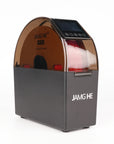
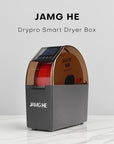
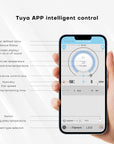
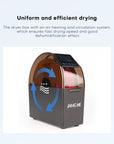
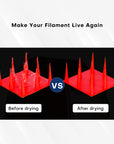
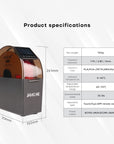
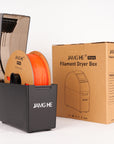
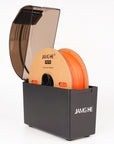
JAMG HE APP Controlled Smart 3D Printing Filament Dryer( Get Free Filament )

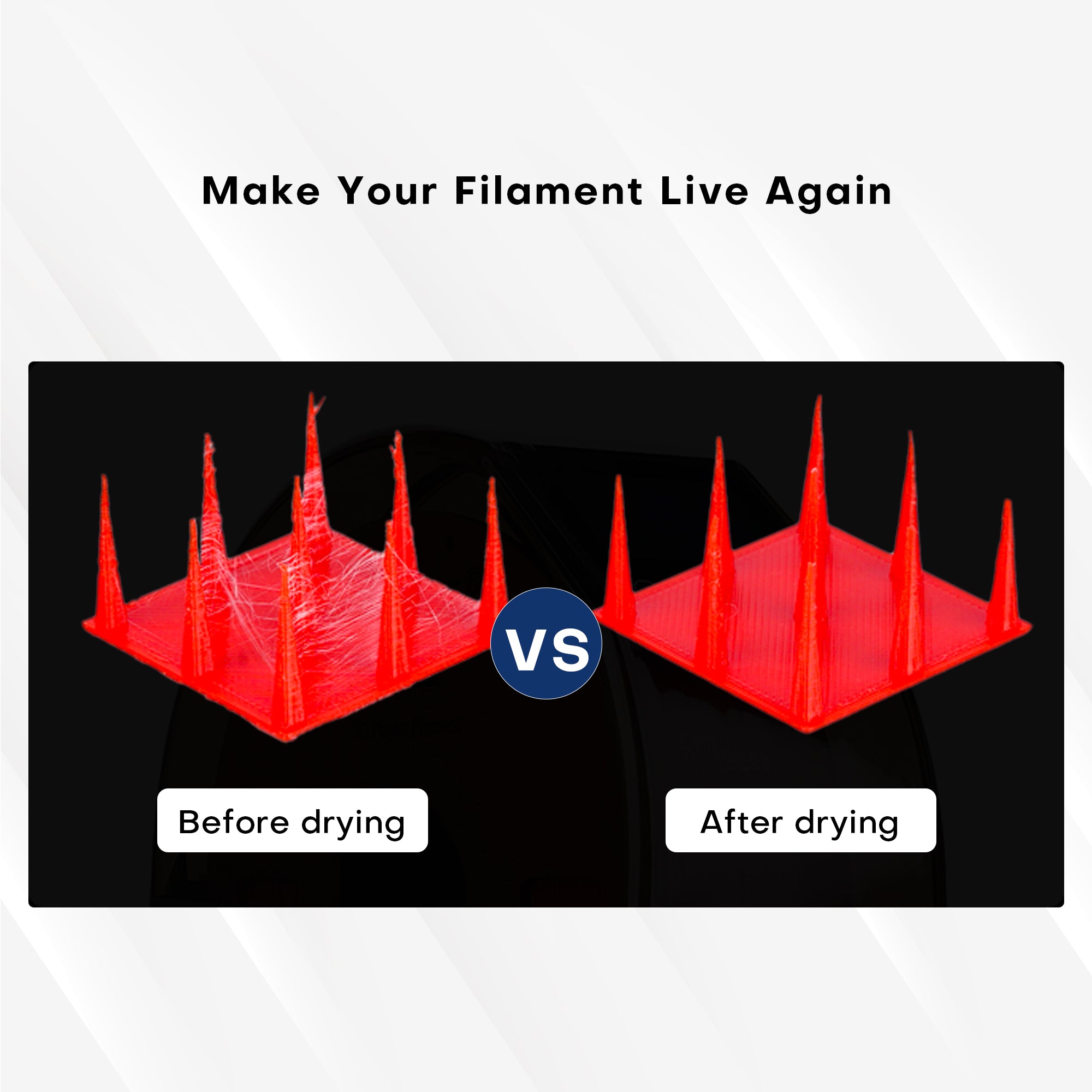
Efficient Moisture Removal
Why We Need Filament Dryer
Advanced drying technology eliminates moisture from your filaments, preventing issues like stringing, bubbling, and poor adhesion.
📱
APP-Controlled Smart Filament Dryer
Smart app control, the Tuya app support Up to 200+ countries/regions. Releaseyour hand. Remote control it, check status, dry the filament at anytime andanywhere.
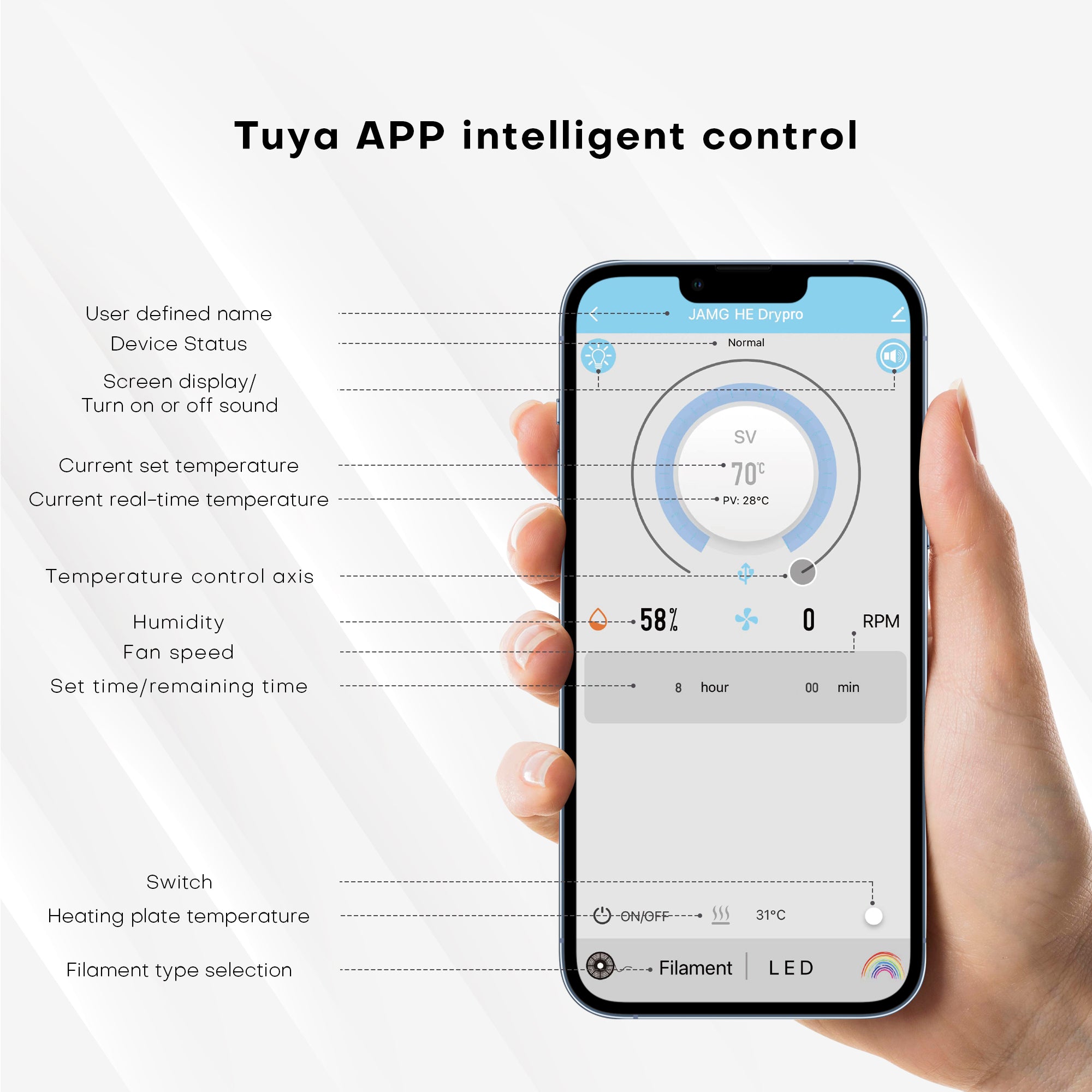
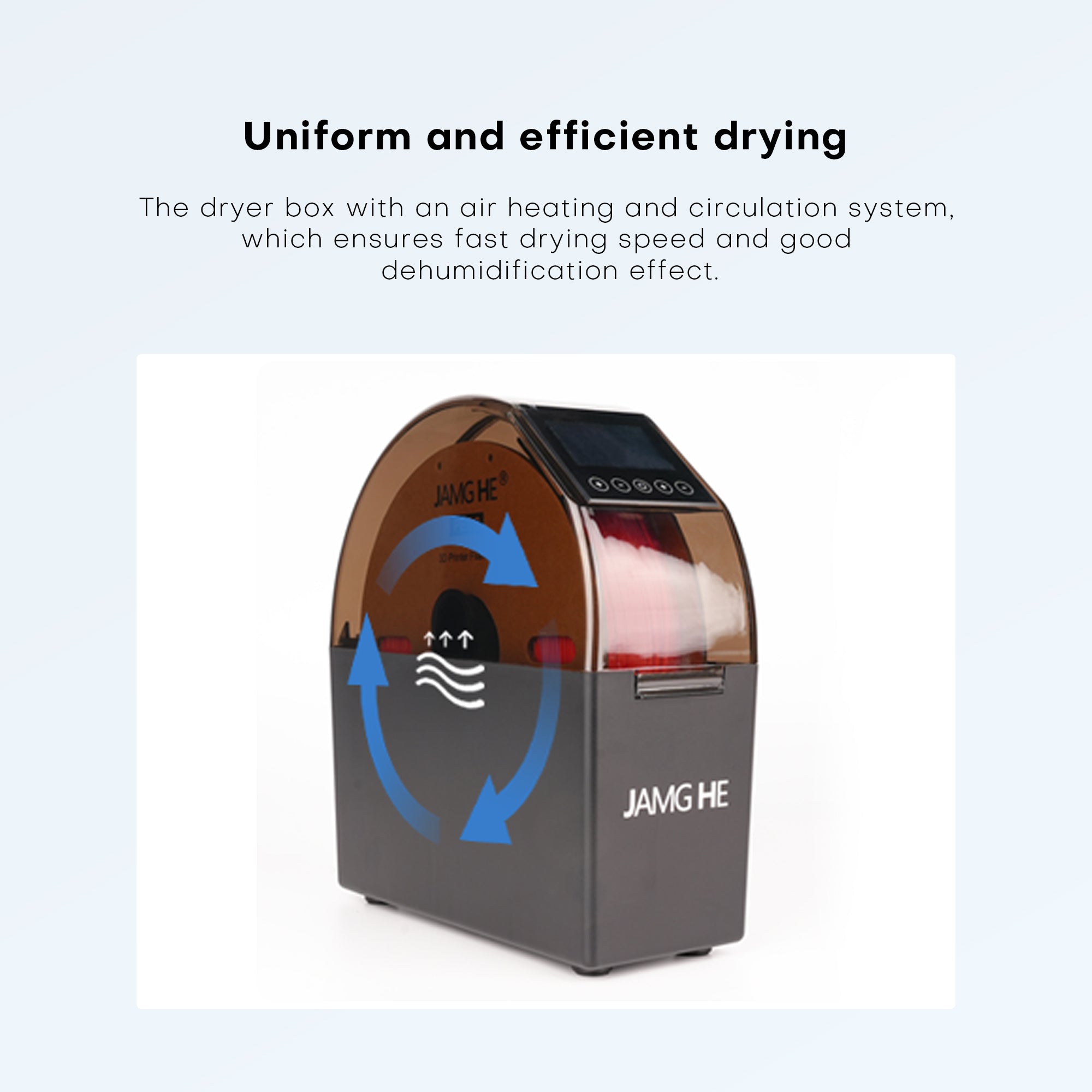
360° Uniform Airflow for Fast, Thorough Drying
Air HeatingCirculation System
The system rapidly heats up and utilizes a built-in fan to circulate hot air uniformly around the filament spool. This ensures every strand is thoroughly dried from all angles, effectively eliminating moisture for consistently flawless printing results.
User-Friendly Design
LCD Touch Screen
The easy-to-use LCD interface has adjustable temperature and timer settings for precise control.
best filament dryer for PLA/ABS/PETG
Compatible with All Common Filaments
Suitable for all types of filaments, including PLA/PLA PLUS/PETG/ABS/Nylon/PC/HIPS/TPU and more. Able to reach temperatures of 70 degrees Celcius.
Yes, it is engineered for universal compatibility:
Filament Types: Perfect for PLA, PETG, ABS, TPU, Nylon, and more.
A: Here is a general guideline. For best results, always cross-reference with your filament manufacturer's recommendations.
Filament Type Recommended Temperature Recommended Time
PLA 45°C - 50°C 2 - 4 hours
PETG 55°C - 60°C 4 - 6 hours
ABS 60°C - 65°C 4 - 6 hours
Nylon 70°C - 75°C 6 - 8 hours
TPU 50°C - 55°C 4 - 6 hours
For severely wet filament, a longer initial drying cycle may be necessary.
A: The dryer uses a sophisticated system with a heating element and a silent fan at the base. This design circulates warm air vertically and around the entire spool, ensuring heat reaches the inner layers and outer edges uniformly. This is far superior to simple bottom-heating, which can leave the top of the spool damp.





